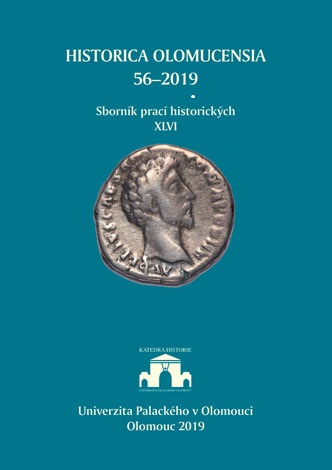Mahdistický Súdán (1881–1898)
Mahdist Sudan (1881–1898)
Historical and Social Roots of Mahdism
Author(s): Kateřina BenešováSubject(s): History, Social history, 19th Century
Published by: Univerzita Palackého v Olomouci
Keywords: Muhammad Ahmad; Mahdi; ’Abdallāhi; caliph; Sudan; Mahdism; Mahdiyya; Mahdists; Islamic movement; 19th century; Mahdist Wars; Mahdi uprising; Egypt; Ottoman Empire; Colonial Wars; jihad; Khartoum; Omdu
Summary/Abstract: Mahdism, during the rule of Muhammad Ahmad very successfully controlled Sudan but in the time of caliphate gradually were facing decline. The defeating of Mahdists was the end of independent Sudanic Islamic State but not religion and political ideology. Mahdist uprising celebrated many successes at the beginning of wars but send the fought for changes were turned down after defeat of movement. Mahdism as the reaction on the hated Ottoman administration – turkyyia, had the aim, which targeted to return of rightful Islamic time with the help of holy war – jihad. In the time of crisis Mahdist state was proved that the tradition and habits were deep rooted from the last decades of Ottoman rule. The generation of trades dynasties, tribal leaders and stave trades who hated and disrespected each other’s united only animosity to administration in Cairo, but after fall of mutual enemy started the political fight for power in the new state. The old disputes again graduated between new Mahdist elites. Independent Sudan was not able to be united only by the jihad against infidels. The lack of infrastructure, famine and the continuing corruption were insuperable obstacles in keeping state independent. The creation of Islamic state was the main aim of Mahdists, but their dawn was caused by military invasion of British troops.
Journal: Historica Olomucensia. Sborník prací historických
- Issue Year: XLVI/2019
- Issue No: 56
- Page Range: 133-157
- Page Count: 25
- Language: Czech

